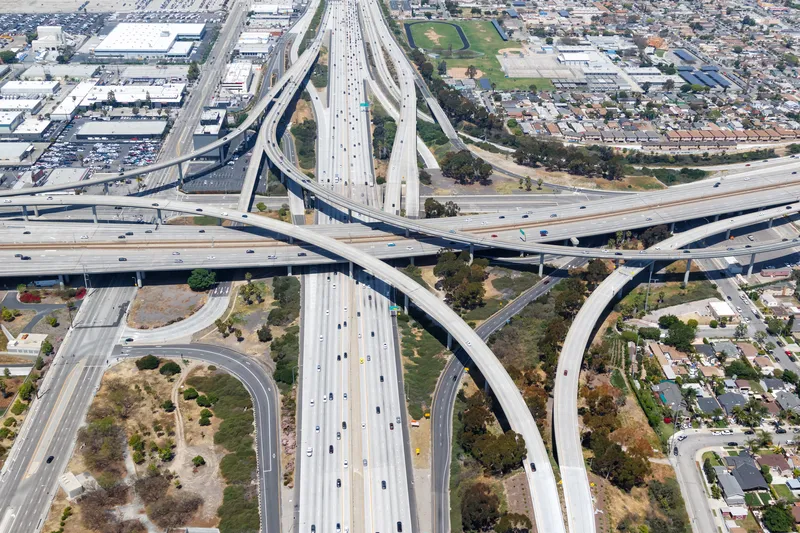
A survey has found that an overwhelming majority of Americans say they support equity in infrastructure spending - even if it means their own areas get less money - and that there is a concern in the US over lack of rail travel options.
The altruistic findings come in the WSP Infrastructure Index, carried out by engineering group WSP USA in partnership with The Harris Poll.
The survey drills down into US citizens' views on how the Biden Administration’s $1 trillion Infrastructure Investment and Jobs Act should be spent.
Lack of sustainable and rapid transportation via rail is a worry for 64% of respondents, regardless of income levels, race and ethnicity, gender and geography.
A significant majority (80%) believe every community should have access to quality infrastructure - even if it means their community would get less funding so other communities can catch up.
Notably, older respondents are more likely to prioritise equity.
While most people trust their local government to spend the infrastructure budget on what is needed most, only 38% of rural residents say they have enough of a say in how it is spent - with just 58% of city dwellers agreeing.
Overall, women are less likely than men to feel they have enough of a voice in how infrastructure budget is spent in their community (44% versus 52%) - and are also less optimistic about the current state of infrastructure in their communities, and less likely to trust their local government to splash the cash wisely.
“The Infrastructure Investment and Jobs Act provides an unprecedented opportunity to improve the lives of millions of people, yet we found that nearly half of Americans feel they don’t have enough of a say in how infrastructure budget is spent in their community,” said Lou Cornell, WSP USA president and CEO.
“With the WSP Infrastructure Index, we hope to provide insight into the priorities and concerns of people around the country, enabling decision-makers and planners to engage even more effectively."
The concern of rural Americans about being left behind seems to surface in the report: only 61% agreed that their community has the “right quality infrastructure for the local economy to grow” versus 70% of urban respondents and 71% of suburban ones.
The report also found that a majority of Americans are concerned about safety on poorly designed and/or maintained roads and bridges (86%) - and they want their community to invest more money now in quality infrastructure that will stand the test of time (86%).










